VETTI VER
₹40.00
Vettiver, botanically known as Chrysopogon zizanioides, is a perennial grass native to India, renowned for its fragrant roots and long-standing presence in traditional Siddha and Ayurvedic practices.
Vettiver (Chrysopogon zizanioides), commonly called Vetiver or Khus, is a tufted perennial grass widely cultivated in India, especially in southern regions. Its thick, aromatic roots have been treasured for centuries in Siddha and Ayurvedic literature for their soothing fragrance and cultural significance. Traditionally, Vettiver roots have been used in rituals, perfumery, and herbal preparations, reflecting India’s rich botanical heritage. Its cultivation and preservation continue to exemplify the enduring connection between natural flora and classical healing practices.
| Weight | 100gm, 250gm, 50gm |
|---|
| 5 |
|
0 |
| 4 |
|
0 |
| 3 |
|
0 |
| 2 |
|
0 |
| 1 |
|
0 |
Related Products
Kannadiyar Akkara is naturally dried Indian licorice root, celebrated for its soothing effects on the respiratory system and its role in traditional herbal remedies.
Velicham Pisin, botanically known as Arachis hypogaea, refers to peanuts, a leguminous nut widely cultivated in India, traditionally valued in Siddha and Ayurvedic practices.
Aavaram Pisin, botanically known as Arachis hypogaea, refers to peanuts, a leguminous nut native to South America but widely cultivated in India, traditionally valued in Siddha and Ayurvedic practices.
Thalicha Pathiri, botanically known as Cassia auriculata, is a flowering shrub native to India, traditionally valued in Siddha and Ayurvedic practices for its flowers, leaves, and cultural importance.
Aala Vithai, botanically known as Aegle marmelos, refers to the seeds of the bael tree, a traditional herb native to India, valued in Siddha and Ayurvedic practices for their medicinal properties.


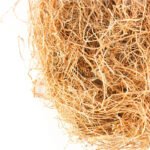

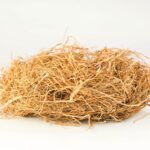
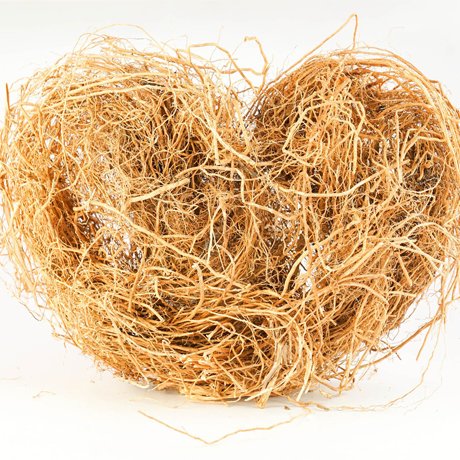
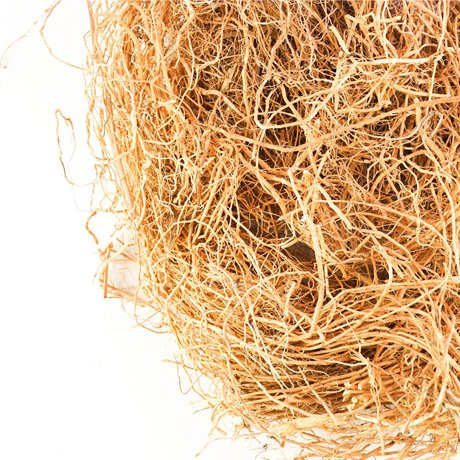

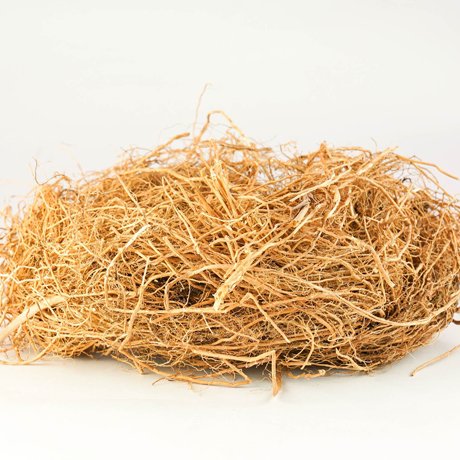
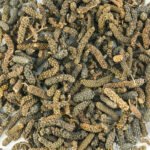
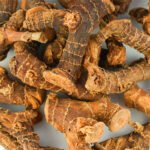
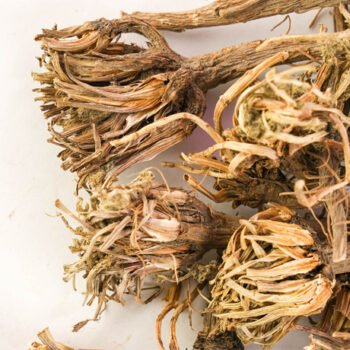
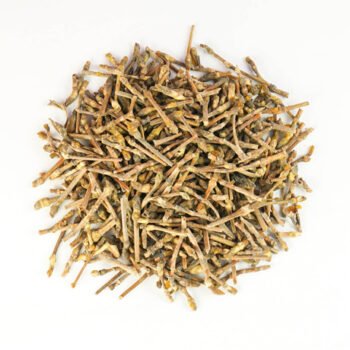
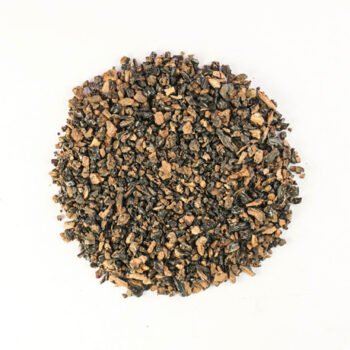
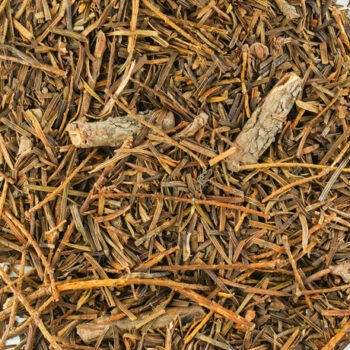
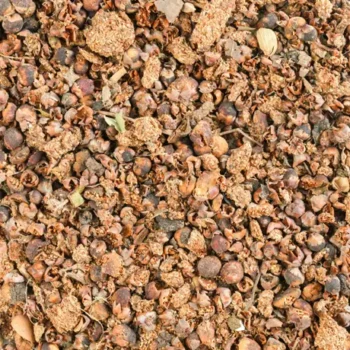
Reviews
There are no reviews yet.